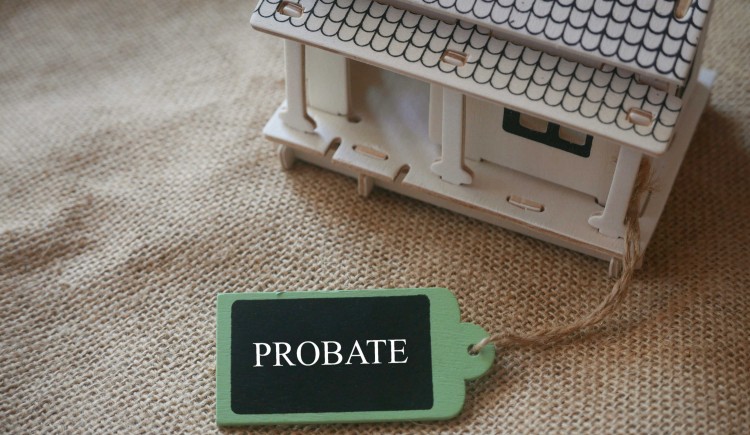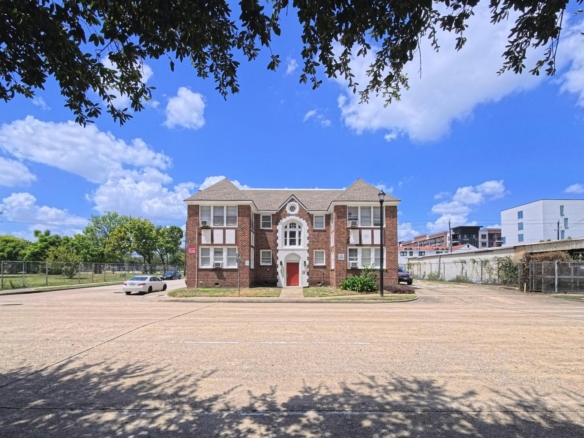While every state has its own laws, probate is the default process for handling estates nationwide.
But what is probate? How does it work? What does it mean for families and estate executors dealing with big-ticket items like houses after someone’s death?
Here’s what you need to know about the process in general and homes in probate in particular.
What Is Probate Court?
Probate is the legal process of identifying and distributing a person’s property after they die. Probate can be confusing and time-consuming. If the deceased did not leave a valid will, the process can take as little as a few months. If the deceased did not leave a will, the probate process can take several years to complete. Assets are divided per state law in the “best interests” of their late owner. Potential heirs can contest proposed divisions of the estate, further dragging out the process.
Is Probate Avoidable?
Probate is the default process but it is not unavoidable.
Some estates may escape probate through careful legal planning. For example, if the deceased set up a revocable living trust, all of their assets automatically transfer upon death. This avoids the need for probate.
Some assets can escape probate through similar legal means such as the right of survivorship. For example, if two legally married spouses are joint owners of a home and the right of survivorship is in effect, then the surviving spouse automatically gets sole ownership of the home.
Benefits of Avoiding Probate
Obviously, there are numerous benefits to avoiding probate whenever possible. While probate courts do their best to honor what is known about a deceased person’s desires for their estate, they are also bound by state and local laws. When a person’s wishes do not align with the law and they did not create the documents necessary to impose their will, the law takes precedence. Thus, if you or a loved one has specific desires for an estate, it is essential that you contact an attorney and take the necessary steps before it is too late.
Homes in Probate
Houses can be among the most difficult assets to deal with in probate. In part, this is because so many different factors can affect what you can do with the home and when.
First, understand that probate for a deceased person’s home happens in the county in which the property is located. The rules and standards of that county and, to some extent, that state, dictate how the probate process works.
Second, realize that other parties may have a say. For instance, if the home in question is still partially owned by a mortgage lender via a first or subsequent mortgage, that company has rights. The court will take their rights and ownership into account when disposing of the home.
Third, consider your options. Look at what you know, if anything, about the deceased’s wishes. Then discuss the relevant laws with your probate attorney.
If the deceased did not leave the house to someone, in particular, the best option is often to sell it.
Selling a Home in Probate
Can you legally sell a home in probate? The short answer is yes.
Families often sell a home in probate court to help defray the costs of probate proceedings. Selling a home in probate can be complicated, however. Since the home is part of the estate, it is under the jurisdiction of the court. With the court’s permission, the executor can put the house up for sale. If they receive an offer, the court must review and approve the sale and all its terms before the sale can go through.
The court approval process alone can take up to three months.
The Best Option for Selling a Home in Probate
Often, the best way to sell a house in probate is to sell to a cash house buyer. Selling to investors offers many advantages that a traditional sale does not.
With probate potentially eating up to 10 percent of the value of the estate, the last thing heirs want to do is lose more money. Selling to a company like Kind House Buyers allows sellers to skip all of those costs. This keeps more money in the estate, enabling heirs to use it to pay off debts, pay court fees, or split the proceeds.
Cash buyers don’t need complicated and time-consuming approvals from mortgage lenders, insurance companies, and other third-parties. While there’s nothing you can do to cut down on the time the court will take to process the sale, selling to a cash buyer prevents other delays.
Selling a home in probate via a traditional sale can be stressful. Cash buyers buy properties as-is, reducing the strain and costs. This frees families to focus on the rest of the probate process.
Check out our blog for other great information on homeownership and selling you should know about.




